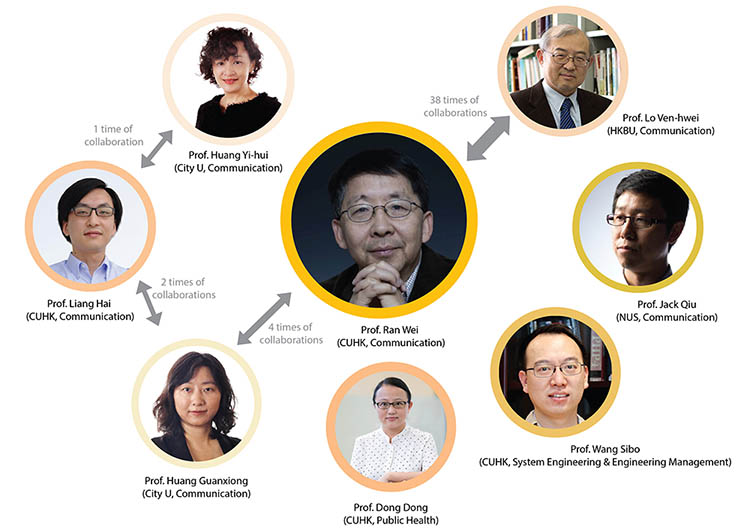The COVID-19 pandemic has gone global since its outbreak in late 2019. The pandemic has accelerated the digitalization of everything, making people more dependent on digital media to stay informed, manage daily living under lookdowns, and take action to prevent the spread of the coronavirus. It is no exaggeration that almost every aspect of people’s lives is being digitized during this pandemic, ranging from working from home, online schooling, livestreaming e-commerce, and using smartphones and QR health code for traveling and management of cross-border population.
However, the information technologies we depend on are turned into outlets for spreading “infodemics”– an overabundance of false or half-true information, which includes mis, dis and mal-information on digital media. Like a virus itself, infodemics can cause public panic, confusion and distrust. It poses a great challenge to fight the global pandemic. In fighting the infodemics, different approaches were adopted in the Chinese and Western societies. The different responses provide us with opportunities to explore how these approaches have been shaped by different political, economic, and cultural forces, and learn what works and what doesn’t in communicating the COVID-19 pandemic effectively to the general public.
In such context, Prof. Ran Wei in School of Journalism and Communication at The Chinese University of Hong Kong established an interdisciplinary research team to conduct a comparative study of the COVID-19 “infodemics” in four Chinese societies. Prof. Ran Wei is the Project Coordinator. Prof. Hai Liang, Prof. Dong Dong and Prof. Sibo Wang at The Chinese University of Hong Kong, Prof. Yi-hui Huang and Prof. Guanxiong Huang at City University of Hong Kong, Prof. Ven-hwei Lo at Hong Kong Baptist University, Prof. Jack Linchuan Qiu at National University of Singapore join the research team as Co-Principal Investigators. The project received Collaborative Research Fund from UGC. The funded amount is 3.07 million Hong Kong dollars and the duration is 24 months.

